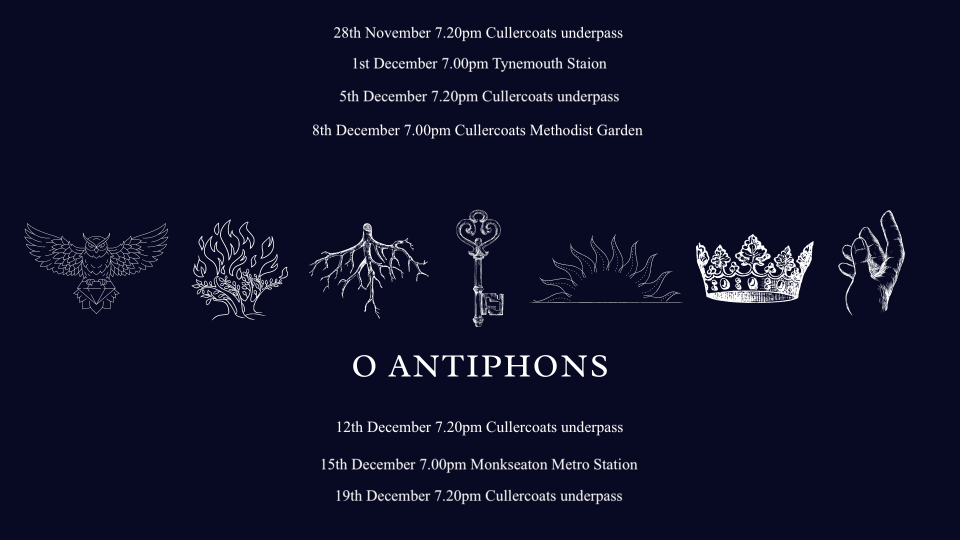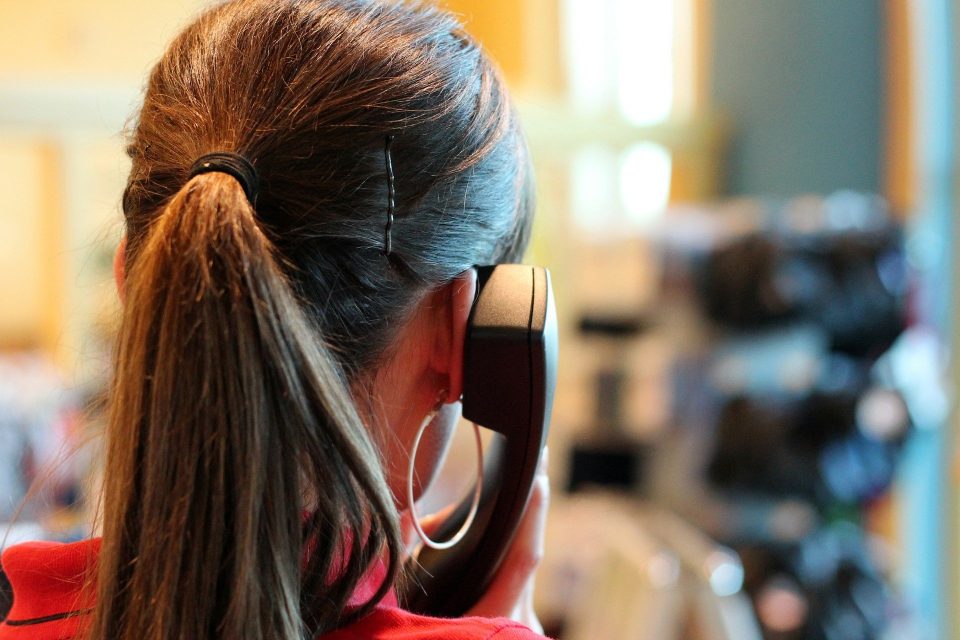Guest BlogThis post is written by one of our many friends. At BeachcomberFX we love to hear what others have to say and are always on the lookout for people who want to share their thoughts or stories with us.
O King of Nations
Guest BlogThis post is written by one of our many friends. At BeachcomberFX we love to hear what others have to say and are always on the lookout for people who want to share their thoughts or stories with us.
O Dayspring
Guest BlogThis post is written by one of our many friends. At BeachcomberFX we love to hear what others have to say and are always on the lookout for people who want to share their thoughts or stories with us.
An online image
Hi folks, I hope you are doing ok in the midst of all that is going on, it is very difficult to know what we should be doing, so we are giving you two options for Sunday night. The first is to meet on zoom at 7.30… The link will be set up and sent out on Sunday, so watch …
O Key of David
Guest BlogThis post is written by one of our many friends. At BeachcomberFX we love to hear what others have to say and are always on the lookout for people who want to share their thoughts or stories with us.
O Root of Jesse
Guest BlogThis post is written by one of our many friends. At BeachcomberFX we love to hear what others have to say and are always on the lookout for people who want to share their thoughts or stories with us.
O Lord
Guest BlogThis post is written by one of our many friends. At BeachcomberFX we love to hear what others have to say and are always on the lookout for people who want to share their thoughts or stories with us.
O Wisdom
Guest BlogThis post is written by one of our many friends. At BeachcomberFX we love to hear what others have to say and are always on the lookout for people who want to share their thoughts or stories with us.
O Antiphons
Join us each Sunday and Wednesday in Advent to reflect on the O Antiphons. Videos will be posted here, on our YouTube channel and Facebook pages for you to watch and reflect on. If you are based in North Tyneside and want to meet up for one of our live gatherings you can do so on the dates in the image …
Calling a friend: Congregation and Community.
Hi folks, I hope you are well, if you are coming along on Sunday night, please note that we are beginning by meeting in the underpass at Cullercoats for our Advent reflection, meeting at 7.20 and then heading up to the club afterwards. This weeks blog is written by Naomi: In the film, About a Boy, Hugh Grant plays the …


